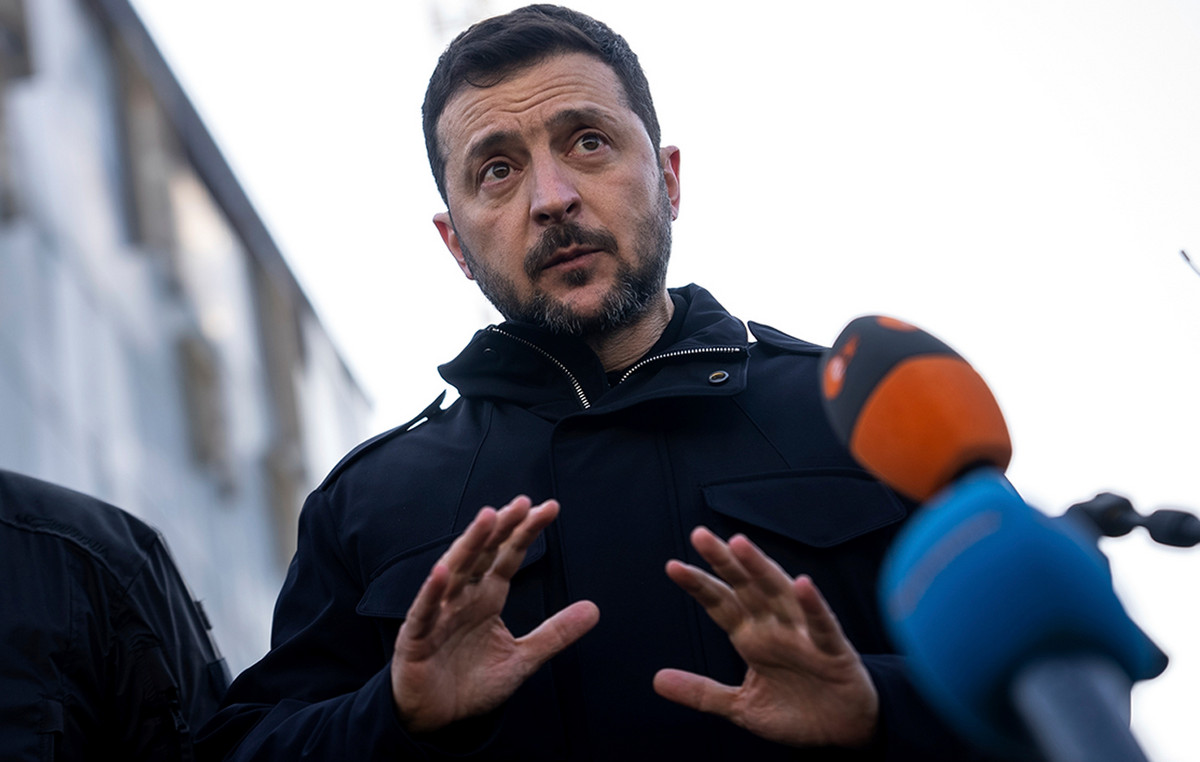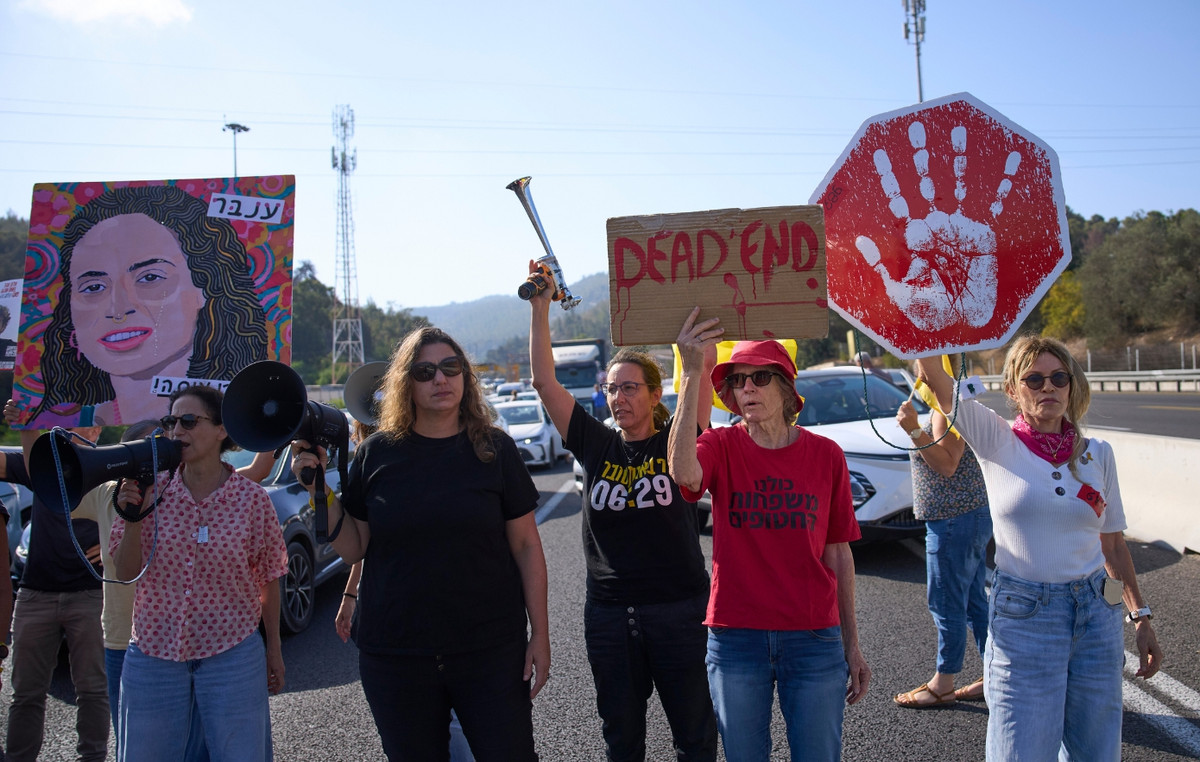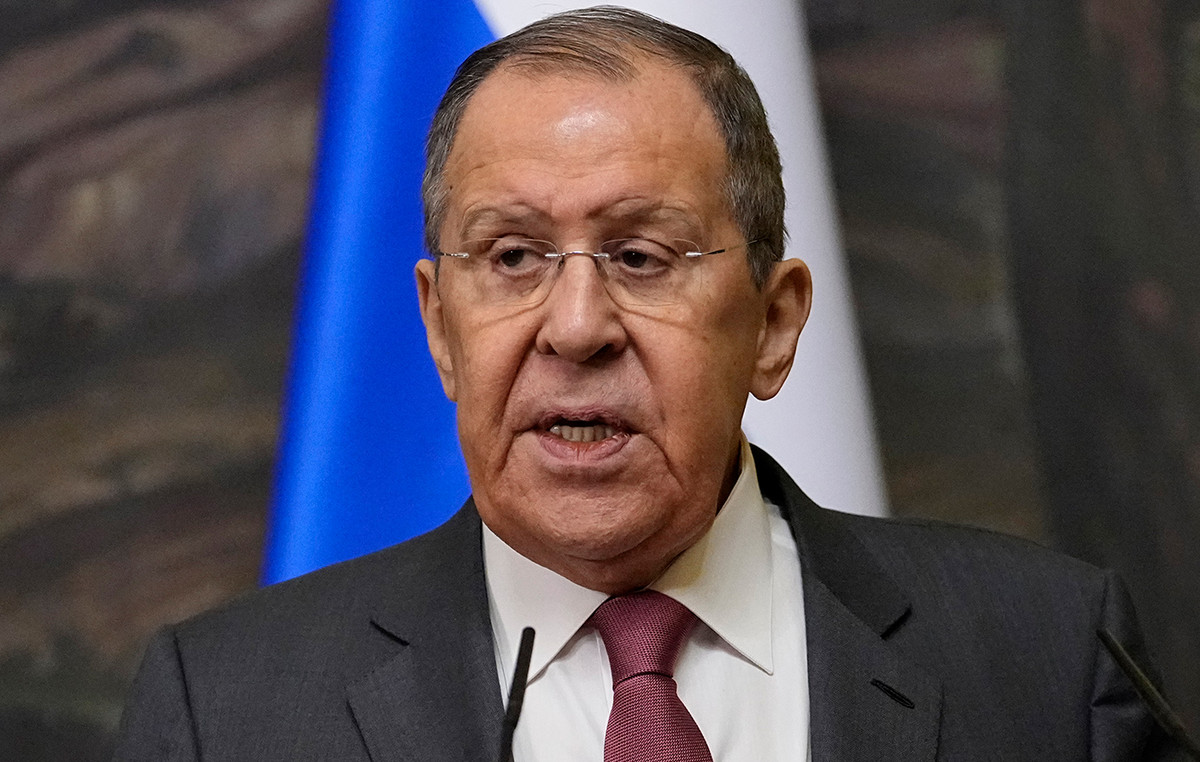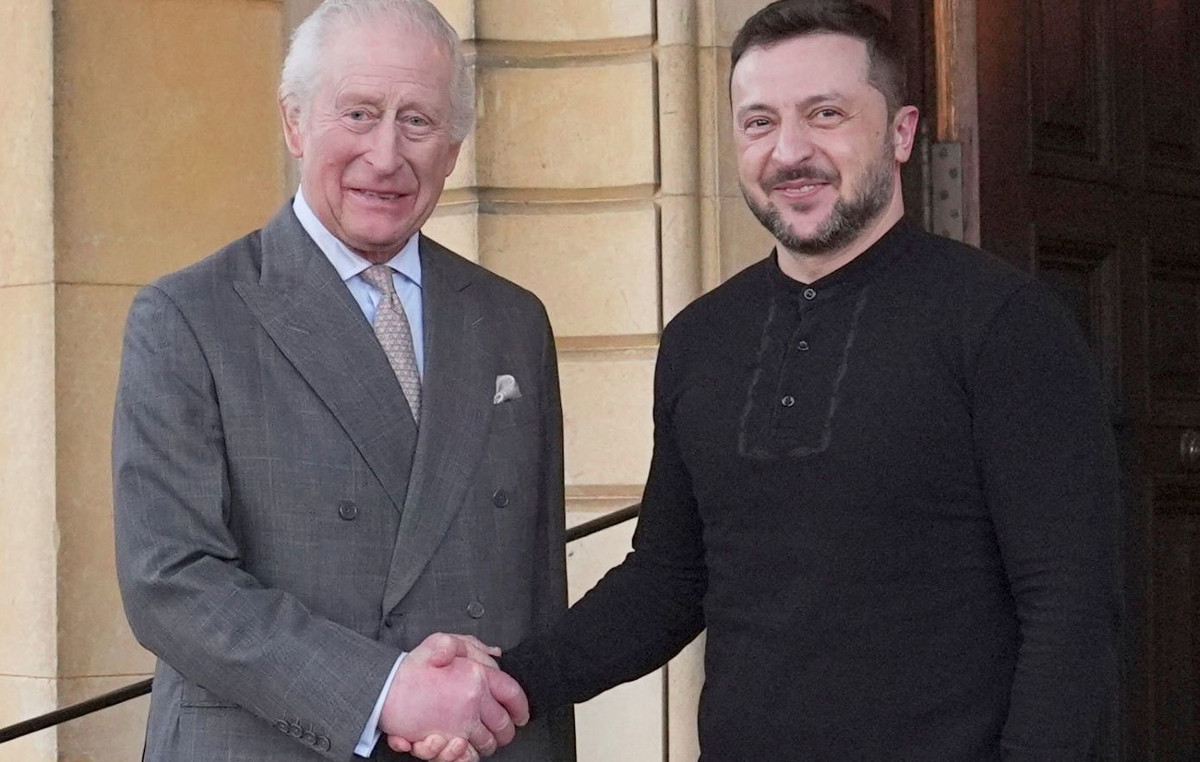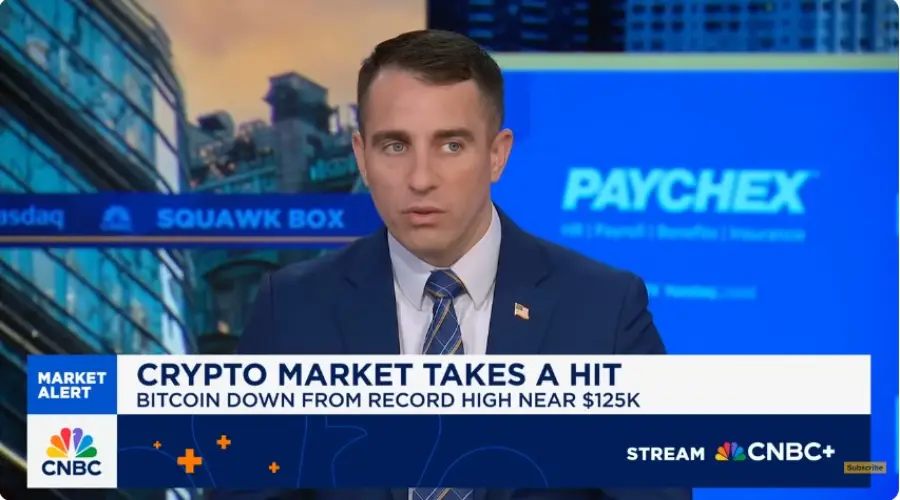Giorgia Meloni, the far-right leader who was sworn in on Saturday as Italy’s first woman to become prime minister, won the election with a campaign built around a promise to block migrant ships and support traditional “values”. family” and anti-LGBTQIA+ issues.
Meloni was sworn in by Italian President Sergio Mattarella in a ceremony at the Quirinale Palace in Rome.
She leads an alliance of far-right and centre-right parties, including her Brothers of Italy party, and is set to form the most right-wing government Italy has seen in decades.
Meloni’s victory in parliamentary elections last month suggests that the allure of nationalism remains unchanged in Italy, but his pledge to lead the country into a shift to the right still leaves many uncertain about what will happen next.
The new government is formed by a coalition with two other right-wing leaders. One is Matteo Salvini, a former interior minister who became the darling of the far-right in 2018 when he turned his party, the League, once a secessionist northern party, into a nationalist force.
Meloni’s 24 ministers – six of them women – were sworn in alongside her on Saturday.
The other is Silvio Berlusconi, the center-right former Italian prime minister widely remembered for his sex scandals with young women. Both men have already publicly expressed admiration for Russian President Vladimir Putin, which has raised questions about what the coalition’s approach to Russia will be.
And just this week, days before consultations on the formation of the government began, a secretly recorded audio circulated in which Berlusconi appeared to blame Putin’s invasion of Ukraine in Kiev and boasted of having re-established relations with the Russian leader.
“I reconnected with President Putin a little bit, quite a bit, in the sense that on my birthday he gave me 20 bottles of vodka and a very sweet letter, and I responded by giving him bottles of Lambrusco,” Berlusconi said in the audio, which was released. by the Italian news agency LaPresse on Tuesday (18). The 86-year-old billionaire and media mogul was talking to members of the Forza Italia party at the time.

A party spokesman denied that Berlusconi was in contact with Putin, saying he was telling lawmakers “an old story referring to an episode many years ago”. Berlusconi defended his comments in an interview with Italian newspaper Corriere della Sera on Thursday, saying they were out of context.
Amid the backlash to the comments, Meloni, who has been a strong supporter of Ukraine as the country fights the invasion of Moscow, sought to clarify where she and the coalition would once be in power.
“I have and will always be clear, I intend to lead a government with a clear and unambiguous foreign policy. Italy is fully part of Europe and the Atlantic Alliance. Anyone who does not agree with this cornerstone cannot be part of the government, at the cost of not being a government. With us ruling, Italy will never be the West’s weak link,” she said.
However, liberals in Italy and the European Union fear what the promised turn to the right could mean for the country and its future – while conservative voters feel that only a strong-armed politician like Meloni can pull the country out of crisis. amid rising energy costs and high youth unemployment.
“Meloni is not expressing the voting choices of radical right voters, because we have data showing that she was voted primarily by the center right,” said political science professor Lorenzo De Sio of Luiss Guido Carli University.
“I would say Meloni’s motto is to be a kind of new conservative — that is, conservatism for the 21st century. She may have some old connection to the post-fascist legacy, but clearly that’s not the core of her political platform now. ”.
different views
Meloni grew up in the working-class Roman neighborhood of Garbatella, a historically left-wing part of southern Rome that was built during the fascist dictatorship of Benito Mussolini. She began her political career in the Frente Juvenil movement, a political organization with fascist roots.
She went on to create her own political party, Brothers of Italy, which in just four years went from 4% of the vote to winning 26% in last month’s elections. While that doesn’t represent the majority of Italians, thanks to its partnership with Berlusconi’s Forza Italia and Salvini’s Liga, the coalition has enough seats in parliament to govern the country.

Back in the Garbatella neighborhood, among the fruit and vegetable stands that Meloni frequented with her mother, some residents remember her as a child, long before she embraced politics. Opinions on what she will be like as a leader vary widely.
“I know her very well. I’ve known her since I was little,” said Aldo, a fruit and vegetable salesman from Garbatella, who has run his stall for decades. “Her mother used to go shopping here. She always had a book in her hand to study. If she moves on like she did when she was little, she will be strong.”
He added: “You have to have a strong fist. Point. You understand? That’s how you move on. Otherwise, Italy will leave!”.
Across the market, Gloria, who was born and raised in Garbatella and helps her son at her Roman food stall, has very different opinions. “What she’s said so far terrifies me,” she told CNN .
“There are a lot of people who connect with these conservative ideals because they are racist, because they are not progressive. I have three children and I ask myself, will my daughter have the freedom to have an abortion if she wants to, to be a lesbian?”.
Meloni has recently sought to distance his party from its neo-fascist roots. His policy proposals have also evolved over time, including the withdrawal of some of his more anti-European Union views.
In 2014, she said: “Italy has to get out of the Euro!” and asked Congress to lift sanctions on Russia. Now, according to her proposed government plan and the latest comments, she wants Italy to be a “protagonist in Europe”.
Emiliano, a resident who was shopping at the Garbatella market, said he didn’t bother to vote in the last election. “Neither the left nor the right deserve a vote. Before, politicians ate, but we ate too. Now only they eat,” he said.
Fears about rising costs
With the skyrocketing cost of energy, the risk for Italian businesses and homes is high. The agricultural sector, which accounts for 1.96% of Italy’s GDP, faces shortages of everything from fertilizers to diesel, electricity and glass, causing prices to skyrocket with a devastating impact on farm budgets, according to Coldiretti, the largest agricultural assistance association in Italy.
According to a recent report by Coldiretti, rising production costs have forced many small farms to close the season because they can’t handle it.

Sabina Petrucci runs her family’s olive oil company, Olio Petrucci, and is also a member of Coldiretti’s European council for young agricultural workers. She feels hopeful and believes that the only way to solve the current problems is through strong political leadership.
“We need a very concrete government to help us with energy costs and also to get the financial help that we may need in the future,” Petrucci said. “Many producers in the region are stopping their production, they are really afraid of rising costs”.
She describes rising energy costs as “the biggest threat to us”, adding: “We opened our factory, but production costs increased over the summer.”
Italy has the world’s third-oldest population, but Meloni and his party have been working to connect with young Italians, the next generation of voters. She herself became involved in politics at age 15, after registering with the Youth Front, the youth wing of the Italian Social Movement (MSI), a party founded by Giorgio Almirante, who was a minister in the government of fascist dictator Benito Mussolini.
Francesco Todde is a leader of the National Youth Movement, a political movement created by Meloni’s Brothers of Italy party in 2014 to connect with a younger generation of politically interested Italians who have become frustrated with the political status quo.

“Giorgia Meloni comes from a youth political background, so she always paid close attention to youth and made reforms for youth. At the beginning of her political career, she was a youth minister,” he said.
Elisa Segnini Bocchia, another committed member of the National Youth movement, answers why some are quick to associate this movement with fascism, saying: “Our past is not our future. So, we don’t look to the past. We seek the new future”.
Source: CNN Brasil
I’m James Harper, a highly experienced and accomplished news writer for World Stock Market. I have been writing in the Politics section of the website for over five years, providing readers with up-to-date and insightful information about current events in politics. My work is widely read and respected by many industry professionals as well as laymen.


